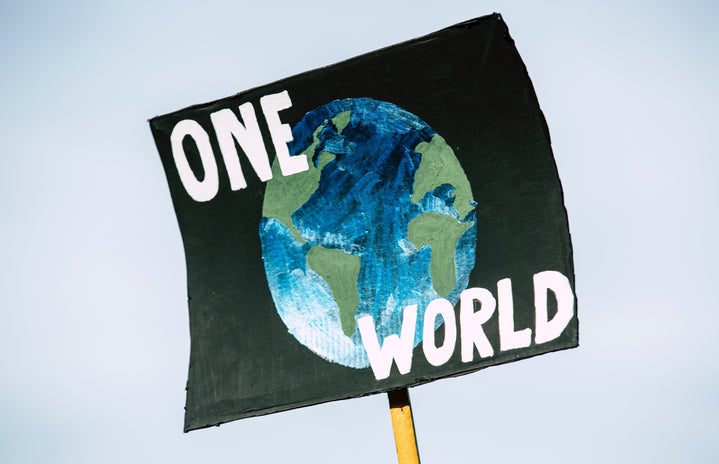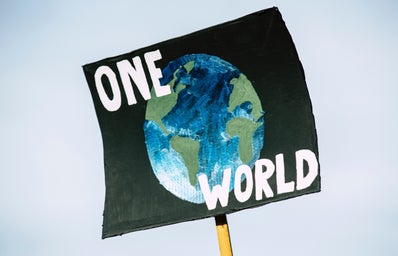It is kind of revolutionary when you think about it; we have access to all kinds of data thanks to the internet, we can learn about anything, access unlimited amounts of information when we want it and from where we want. We can also spend as much time as we want reading up or interacting with that knowledge through videos, photos, music, podcasts, and share things live with people, but at what cost?
Have you ever imagined how the internet came to be? How are you able to read the words I’ve written right now and even come back to them whenever? Let’s look into it.
So once you’re connected to the internet through your service provider’s network, you can surf the WEB. Websites known as “www” (World Wide Web) are a collection of sites that are stored in a server which you access through a web browser like Google Chrome, Apple Safari, Microsoft Internet Explorer, and others but that is not what the internet is.
The internet is a massive system of actual, physical cables all around the world, lots of them are deep underwater connecting each continent. That’s how you’re able to FaceTime with someone from across the world.
Now there are lots of other technical information, as every click from your computer sends an “electronic request for information” through a server connecting your clicked request to the information that exists in a different server. If that server lives in a different continent, your request travels like a signal through various fiber optic cables underground to then reach your computer or phone screen but it all happens in a flash of a second. Pretty cool how all this happens without us even knowing about it right? Unfortunately, every site click, every Tik Tok video, every double click like on Instagram, or amount of minutes you spend on Netflix or listening to Spotify can harm our planet and contribute a little bit to climate change.

This is not saying stop reading now or stop looking up random facts on google, it is to inform you and to be mindful of your choices; that every action and decision you make has both a positive and negative impact, and that choosing to purchase an item made from chemicals and inseparable materials versus a recyclable or eco-friendly material, will matter and make a difference. Even if you are one person, your internet clicks add up to the collectives’, and all our web searches and activities on the internet emit some amount of carbon dioxide. The energy that it takes to run and charge our devices, power wireless connections, store content we create every day in servers, all emits greenhouse gases.
The thing with climate change is that one person is not responsible for everything, one company or one government is not responsible for all of the pollutions that are created, however, we are all accountable, we individually all have a role to play, and we cooperatively all have a responsibility towards the earth.
“Digital technologies are responsible for 4% of greenhouse gas emissions, a figure expected to double by 2025 and the energy required for this sector is increasing by 8% a year. Watching a half-hour show online leads to 1.6kgs of carbon emissions.”
These figures are intense especially because the internet has become one of the central tools that our society uses to operate daily. Today more than ever we are relying on the internet for everything, working remotely, doing online school, contacting our friends and family, ordering food, learning how to cook, even looking up a restaurant’s menu while sitting at the restaurant because of Covid-19. But that is why it’s important to educate ourselves on how these technologies are made and how we can use them sustainably. Once upon a time, paper waste was the central issue, and going digital is what helped the environments with paperless receipts and online appointments, tasks could be accomplished quicker with less energy consumption from transportation or materiality. But today we are looking at digital pollution.
Although one internet click is not harmful, it’s the sum of those clicks that can become harmful. We think the internet is invisible, but it’s not, it is more than your computer and your wifi connection, its all the cross-transmission and storing of information that happens below and above ground between 4.66 billion internet users in the world. It is all about balance, what is worth emitting carbon emissions on, leaving the lights on when not in a room, or a thirty-minute phone call with your friend? It is up to us to evaluate our lives and habits. That is our choice to make.



